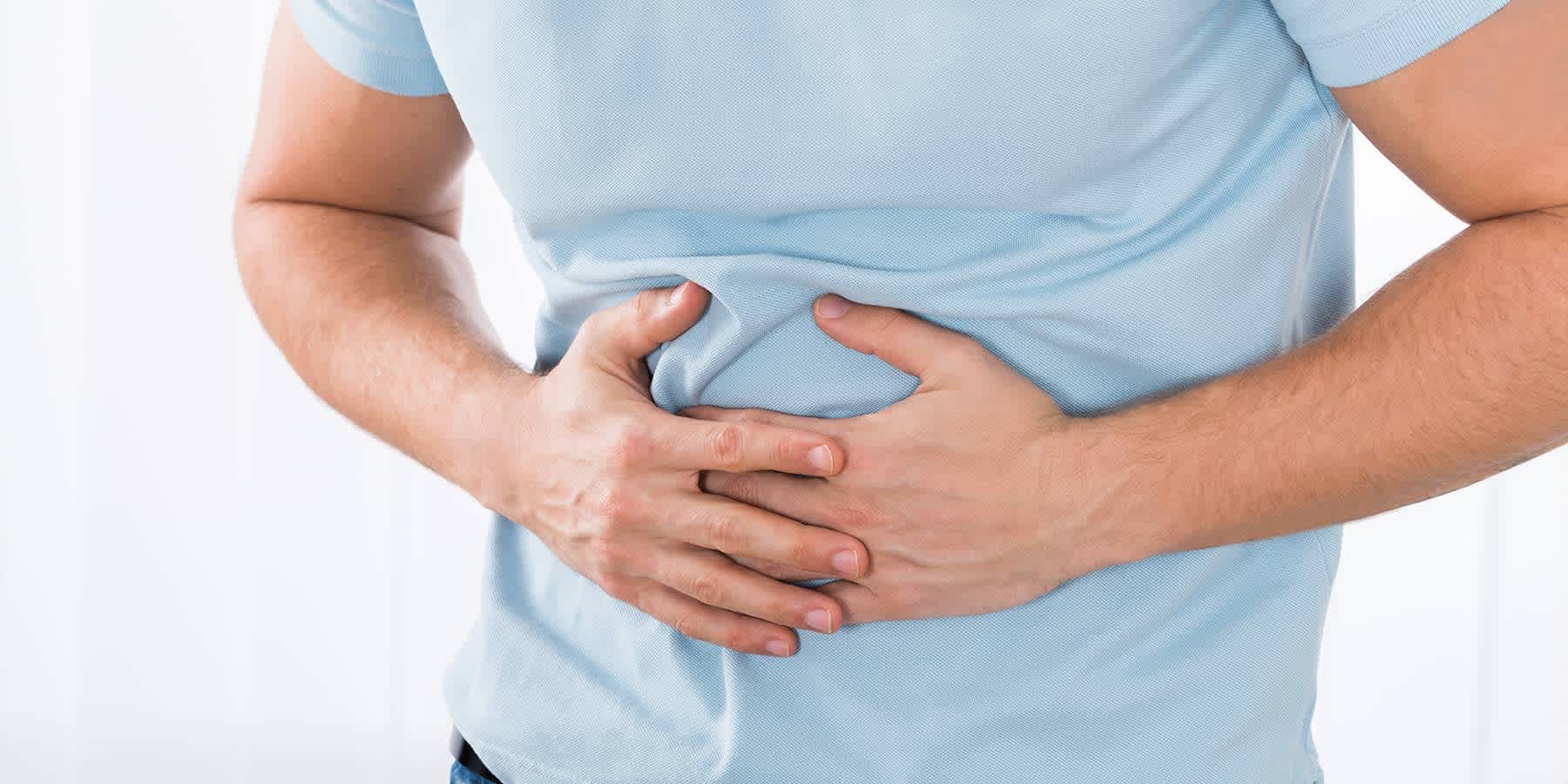Comprehending the Difference In Between Bloating and Fat: an Important Overview for Digestive Health
Understanding the distinction between bloating and excess body fat is vital for anybody worried with gastrointestinal health and wellness. While bloating presents as a momentary and typically unpleasant problem, usually linked to dietary habits or digestion disruptions, body fat represents a more long-term change in one's body.
Defining Bloating and Fat
Bloating and fat are 2 distinctive physical sensations that can considerably impact an individual's convenience and body image. Bloating is typically a short-term event and can change throughout the day, commonly fixing with way of living changes or clinical treatments.
In comparison, body fat is a much more permanent and secure part of human physiology, mostly functioning as a power get and playing essential roles in hormonal agent law and insulation. Body fat is categorized into 2 types: subcutaneous fat, which exists simply beneath the skin, and visceral fat, which borders inner body organs. While excess body fat can cause wellness issues, it is necessary for general bodily functions.

Sources Of Bloating

Additionally, food intolerances, such as lactose or gluten intolerance, can lead to bloating when the body struggles to process certain substances - difference between bloating and fat. Consuming also swiftly or consuming carbonated drinks can additionally exacerbate the problem, as these practices present excess air into the gastrointestinal system
Way of living elements, consisting of anxiety and absence of exercise, can even more add to bloating by affecting gut motility. Particular clinical conditions, such as irritable digestive tract disorder (IBS) or stomach blockage, may also lead to persistent bloating. Understanding these causes is important for properly handling and minimizing bloating, permitting individuals to make enlightened dietary and way of living choices that sustain their gastrointestinal wellness.
Signs of Bloating vs. Fat
Comparing the signs of bloating and excess fat is vital for recognizing one's body and dealing with discomfort effectively. Bloating typically presents as a feeling of fullness or pressure in the abdominal area, frequently accompanied by noticeable distension. People may experience pain, cramping, or also pain, specifically after meals. Bloating can likewise cause excessive gas, bring about burping or flatulence.
While it may contribute to a feeling of thickness, it normally does not generate the intense discomfort associated with bloating. Instead, excess fat often tends to collect gradually, leading to a modification in body navigate to these guys shape and size over time.

Recognizing these differences is crucial. While bloating is frequently momentary and connected to dietary variables or digestive issues, excess fat indicates an extra chronic problem needing way of living modifications. Comprehending these signs encourages individuals to look for proper solutions customized to their certain issues pertaining to gastrointestinal health and body composition.
Handling Bloating
Efficient monitoring of bloating requires a complex approach that deals with both dietary selections and lifestyle habits. Initially, it is important to identify and remove particular foods that might trigger bloating, such as those high in fiber, gluten, lactose, or particular fermentable carbohydrates (FODMAPs) Maintaining a food journal can aid determine these triggers and overview adjustments.
Integrating smaller sized, much more regular dishes instead of large ones can also lessen bloating, as it eases the digestive procedure (bloating and fat). Staying well-hydrated is important, as adequate fluid intake help food digestion and aids protect against irregular bowel movements, which can add to bloating
Additionally, taking part in routine physical activity promotes intestinal go to my site mobility and lowers bloating. Basic exercises, such as walking or yoga, can properly alleviate discomfort. Conscious eating techniques, such as eating gradually and chewing food thoroughly, may even more boost food digestion and limit air ingesting.
When to Seek Assistance
Acknowledging when to look for medical aid for bloating is important, as relentless or serious signs and symptoms may indicate an underlying wellness problem. If bloating is accompanied by added worrying signs such as substantial abdominal discomfort, inexplicable weight management, rectal bleeding, or continuous nausea and throwing up, it is critical to seek advice from a health care professional. These indications might recommend conditions such as irritable digestive tract syndrome, intestinal obstruction, or even much more severe problems like cancer cells.
Furthermore, if bloating continues despite click resources dietary changes or non-prescription treatments, it requires more investigation. Individuals with a background of food poisonings ought to be especially vigilant, as their threat for problems may be higher. Additionally, if bloating occurs following the usage of certain foods, it might show food intolerances or allergies that demand dietary adjustments or testing.
Final Thought
In recap, comparing bloating and excess body fat is critical for digestive wellness and total wellness. Bloating, a momentary condition frequently linked to nutritional factors and digestion issues, contrasts sharply with the secure accumulation of body fat. Identifying the symptoms and underlying root causes of each can promote ideal monitoring techniques. Individuals experiencing relentless or serious signs and symptoms must seek expert advice to resolve potential health issues properly. Understanding these distinctions is necessary for informed decision-making pertaining to health and wellness and lifestyle.